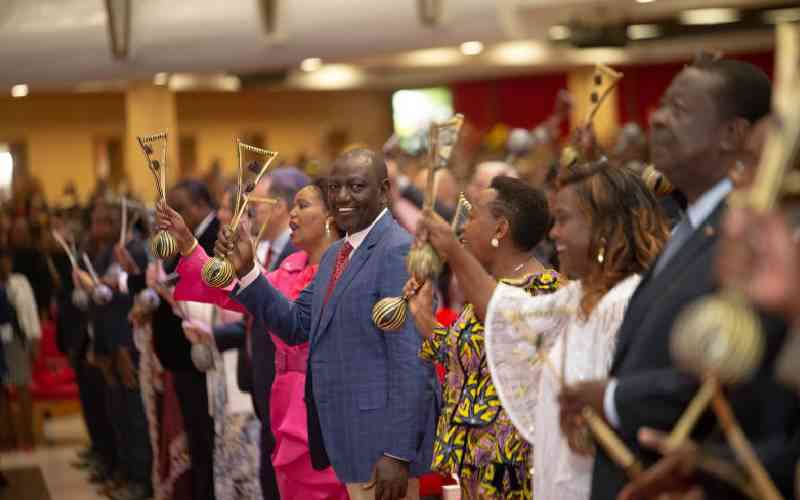
The hustlernomics is promising to be an exciting voyage into the land of the unknown. As postulated here consistently, the basic rules of economics are simple, practical and impact real people, households and businesses in real time.
In this past week, the Hustler economic policy bureau released two somewhat conflicting proposals, yet with potentially far-reaching consequences. On the one hand, the much awaited Hustler Fund regulations were made public after mutating from a grant, then zero rate loan to now an eight per cent capped loan for hustlers. On the other hand, the National Treasury issued Circular Number 08/2022, Ref No ES1/02 'H' (19) directing ministries, departments and agencies (MDAs) to institute sweeping austerity measures or budget cuts targeting supplies and services largely supplied by Micro, Small and Medum Enterprises (MSMEs).